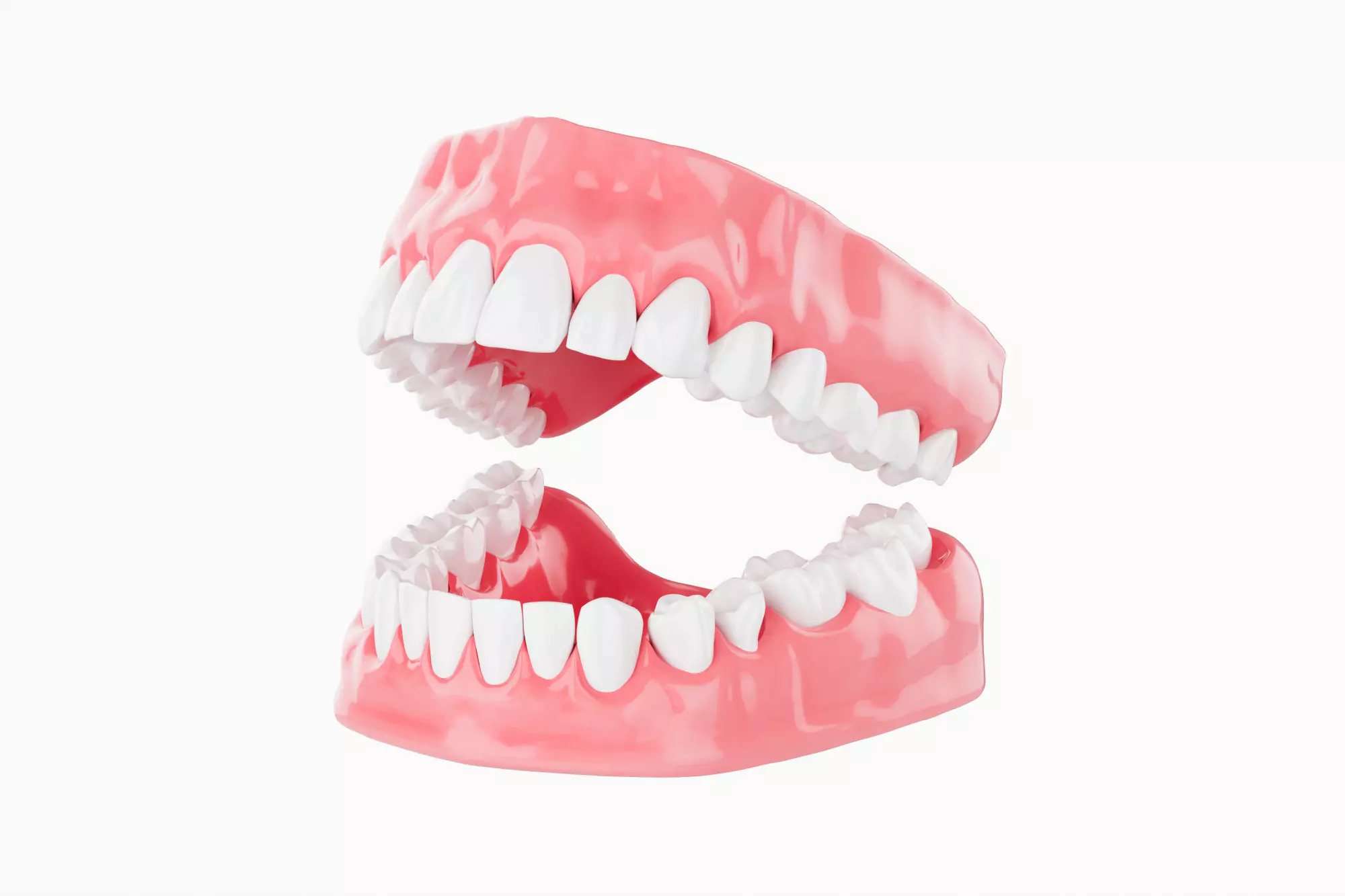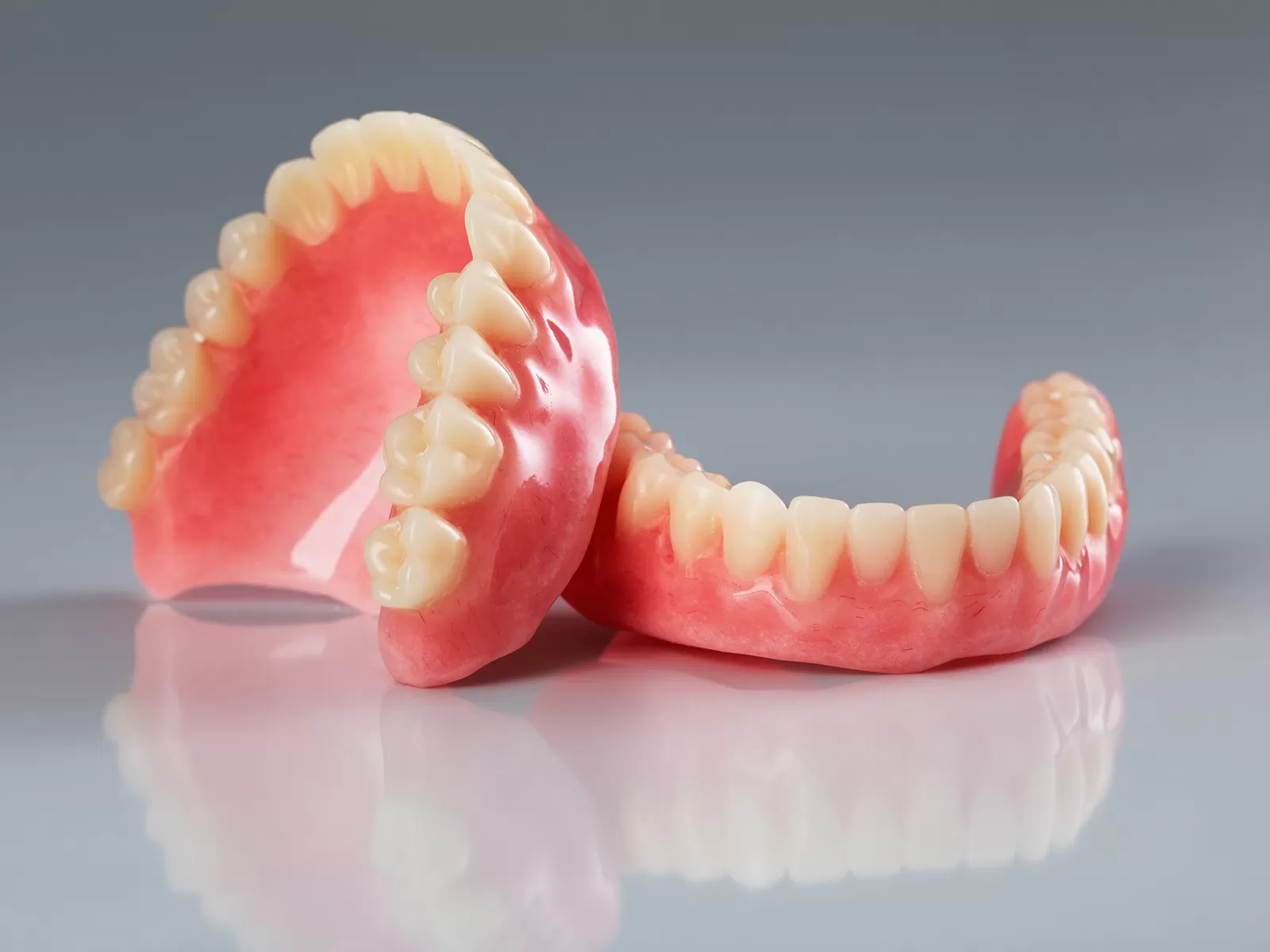
Dentures are removable replacements for missing teeth. They are an affordable and effective solution for tooth replacement compared to options like dental implants or bridges.
It may take time to adjust to wearing dentures. Initially, they may feel strange or fit tightly, but with practice, you’ll become accustomed to them. Avoid biting down forcefully or wearing dentures all day and night. Remove them before bed and wear them again in the morning. Regular dental visits are important for adjustments and oral health check-ups.
Our team of experienced dentists is committed to providing high-quality and affordable dental care. They specialise in prosthetic dentistry and are skilled in creating aesthetic and long-lasting dentures for patients.
Unleash the power of your smile and embark on a life-changing journey today! Embrace a transformational experience that will redefine your confidence and elevate your smile to new heights. Take the first step towards a radiant future and unlock the extraordinary potential within you. Let your smile become the symbol of your transformation and embrace the incredible possibilities that Await.

Regular dental visits are important even after receiving dentures to ensure optimal oral health. It is recommended to schedule appointments with your dentist at least once a year. These visits allow for necessary adjustments to be made to your dentures and help prevent potential serious issues. If you experience any discomfort, irritation, or notice frequent sore spots on your gums, it is essential to promptly consult your dentist for evaluation and appropriate treatment.
Taking care of your removable dentures is essential to ensure their longevity and maintain your oral health. Here are some tips to help you care for your dentures at home:
By following these care guidelines and visiting your dentist regularly, you can ensure the longevity and optimal performance of your dentures while maintaining your overall oral health
Typically, it is advised by our dentists to consider replacing your dentures approximately every 5 to 7 years. Similar to natural teeth, dentures experience wear and staining over time. Additionally, the tissues in your mouth and jawbone undergo continuous changes. Consequently, periodic adjustments and rebasing of your dentures are necessary to ensure they maintain a comfortable and secure fit.
There are several alternatives to dentures that patients can consider, including dental implants, dental bridges, all-on-4, all-on-6, all-on-8 dental implants and implant-retained dentures. Your dentist will assess your specific needs and requirements to recommend the most suitable tooth replacement solution for you.
Even with dentures, you will be able to enjoy eating a variety of foods, including hard-to-chew foods like carrots and apples. While it may require some adjustment and time to get used to eating with dentures, your dentist and dental team are available to provide guidance and support throughout the process.
It is common for new denture wearers to experience some initial discomfort and adjustment issues during the first few days. However, there is no need to worry as these issues typically resolve quickly. Some of the common problems include excessive saliva, soreness in the mouth gums or muscles, and a feeling of loose or large denture fit. With time, your mouth muscles and tongue will adapt to the dentures, and they will start to feel more comfortable. It is important to remember that your facial muscles and oral tissues will adjust to the dentures in a relatively short period, and you will soon feel at ease with them. If you experience persistent discomfort or have concerns about your dentures, it is recommended to reach out to your dentist. Their dedicated team of dentists and clinic staff will be available to make any necessary adjustments to ensure your comfort.
For individuals with missing teeth, dentures can significantly boost self-confidence and overall quality of life. However, adjusting to wearing dentures may require some time and patience. Here are some valuable tips to ease the transition and adapt to wearing dentures comfortably:
By following these tips and being patient with the adjustment process, you can make the transition to wearing dentures more comfortable and seamless. Remember, your dentist is there to support you throughout this journey.
Stay up-to-date with our latest updates!
We will never send any spam emails.
